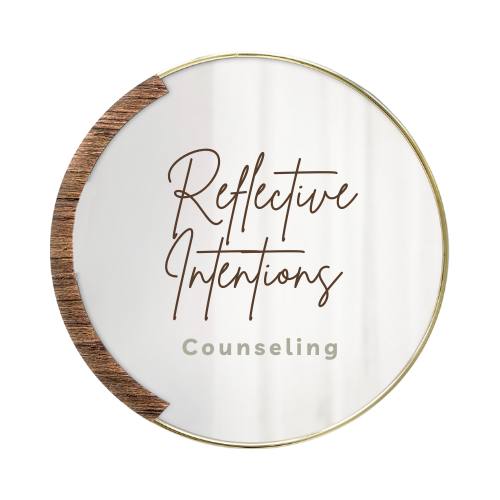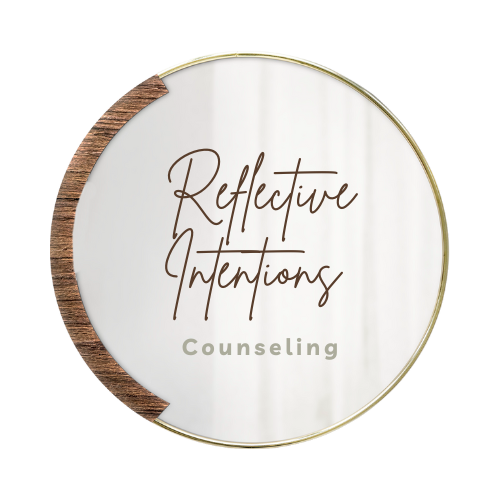Walking on Eggshells?
Tiktok has blasted the term “high-conflict parents”; we have plenty of therapists and influencers raising awareness on the long-lasting effect of emotionally immature and high-conflict parents, but what do those effects look like? Simply put, high-conflict individuals generally have difficulty regulating their emotions; they feel things in extremes and, therefore, “act out” in extremes. Their reactions often don’t match the “severity” of the situation. So, what do we do? What do we do when left with all this self-awareness and information? We are told just to put the boundary in, but what does that even look like?
I am a licensed professional counselor working with individuals looking to heal from interpersonal trauma stemming from childhood. One of the many things I have noticed in working with this population is that they don’t see how bad it was until they get into their adult relationships and realize that something is off but can’t quite put their finger on it. If they find themselves capable of finding an emotionally intelligent partner, they’re unsure why they’re feeling stuck. In contrast, they realize they got into a relationship with someone whose reaction to anger is similar if not the same as their parent. It’s all confusing; I notice it in my client’s eyes, body language, and the uncomfortable shift as they dare to tell a stranger that their parent was “not perfect.” It’s usually immediately followed up with, “But they kept a roof over my head; I was always fed and clothed, so they’re not bad parents.” My thought is always the same: Did someone tell them that, or is that what they truly believe?
Here is something super important to remember: a person is not a “bad” person just because they have toxic tendencies. What makes that distinction is when a person is fully aware of the harm they are causing and chooses not to change it because it benefits them. High conflict doesn’t just mean physical aggression; no, the danger we’re talking about here is something more covert…emotional abuse. I’m not going to sit behind this screen and tell all of you that one is worse than the other; I will say that emotional abuse often gets dismissed or not taken seriously because it’s not seen. Call DCF (just kidding, don’t do that) or try to file disability for a mental “disorder” if you don’t believe me; countless cases dropped because if there wasn’t a mark or bodily injury, it must not be serious. I can tell you, as a trauma counselor - it’s severe. I have adults whose emotional growth has been stunted by a lack of brain development caused by trauma to their limbic system (i.e., the part of the brain responsible for our behavioral and emotional responses).
People fail to realize that the brain is an organ that needs proactive intervention rather than a reactive approach. If you don’t take care of it, chances are it will continue to deplete itself- that’s why you come to therapy to take care of yourself. So the next time you notice a grown person having a tantrum, you might remember that this is a sign their limbic system was not allowed to develop fully. Whether it’s your parent, your partner, or that one drama magnet friend, remember that while you can understand where someone’s trauma comes from, you don’t have to understand it at the expense of your well-being.
Join me in therapy for more insight on how to stop trauma bonding. Hope to talk to you soon!

